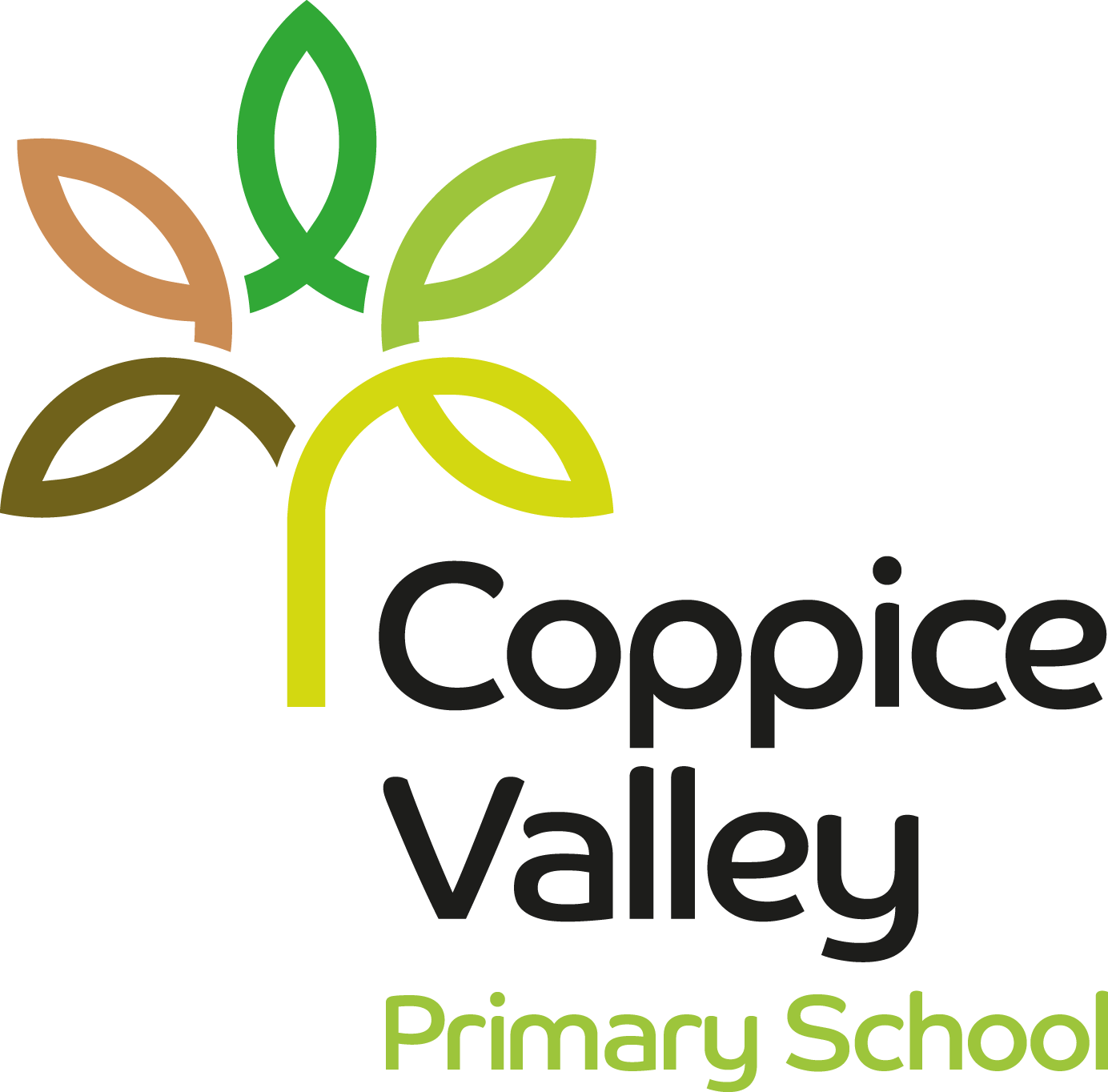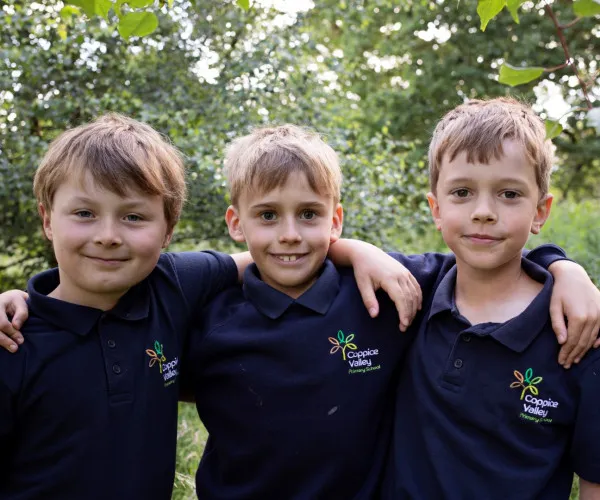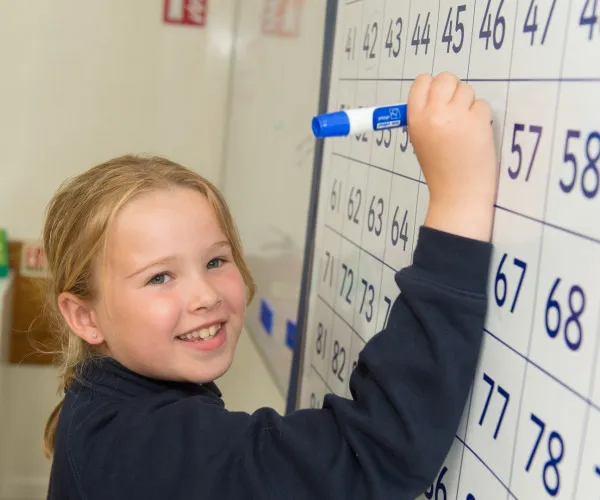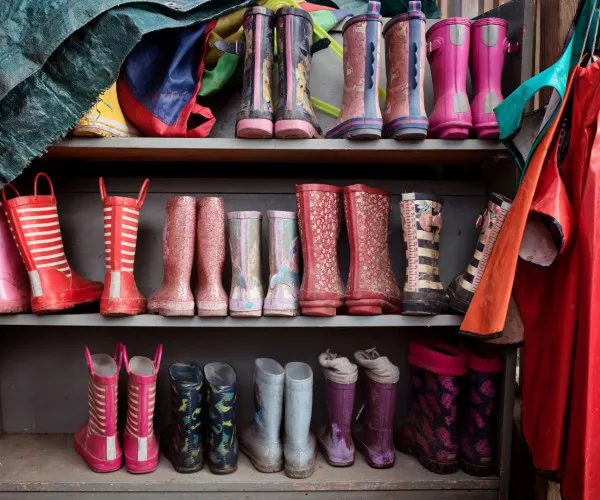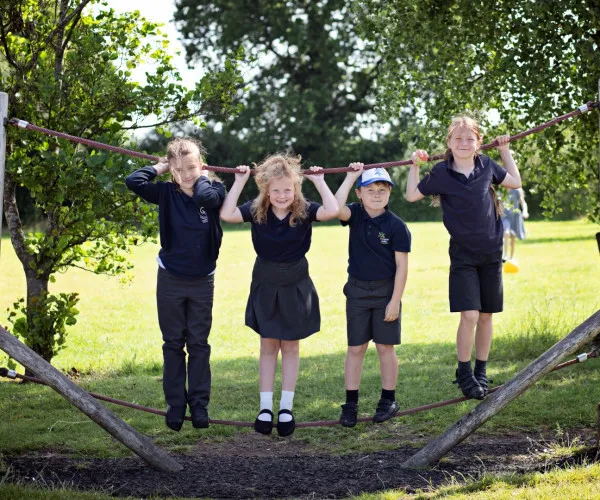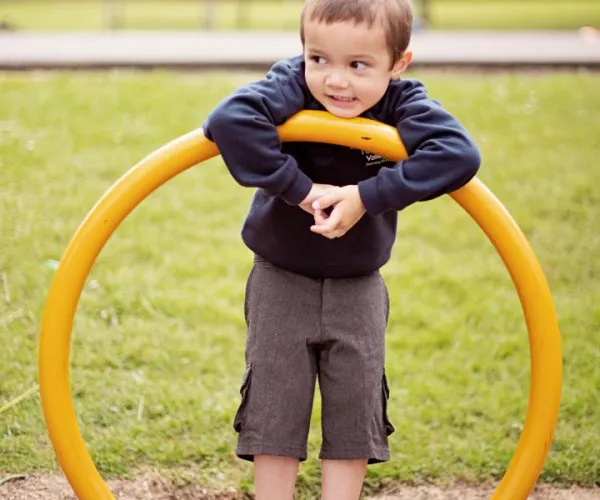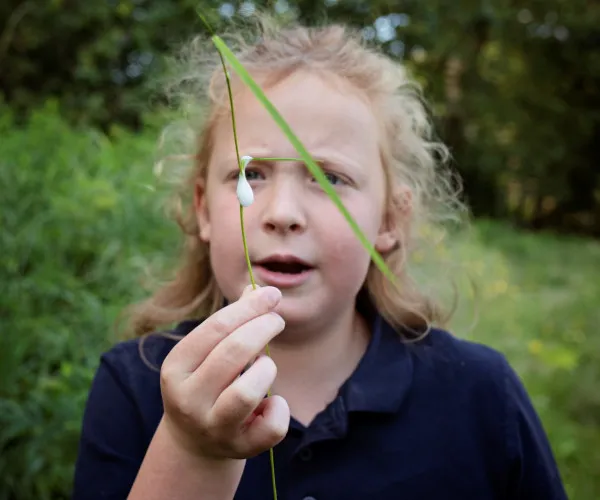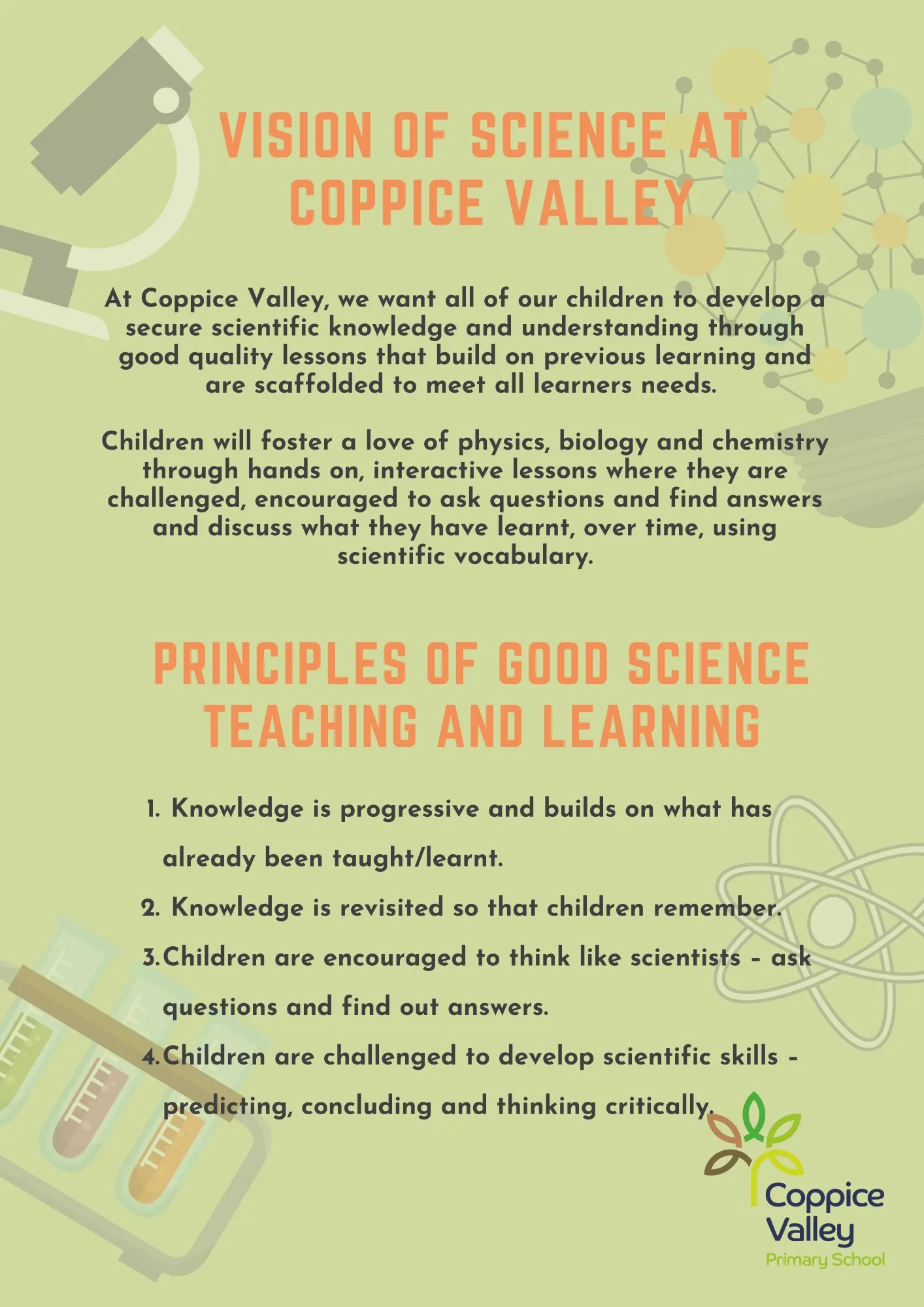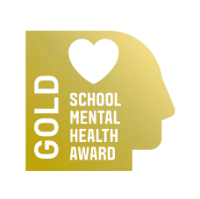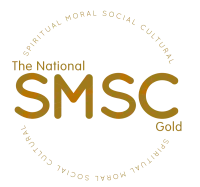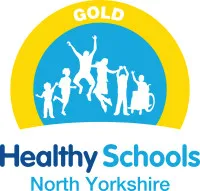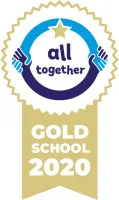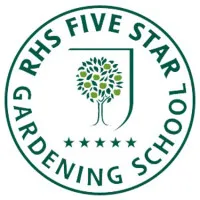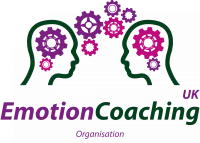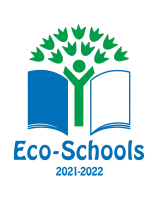Science
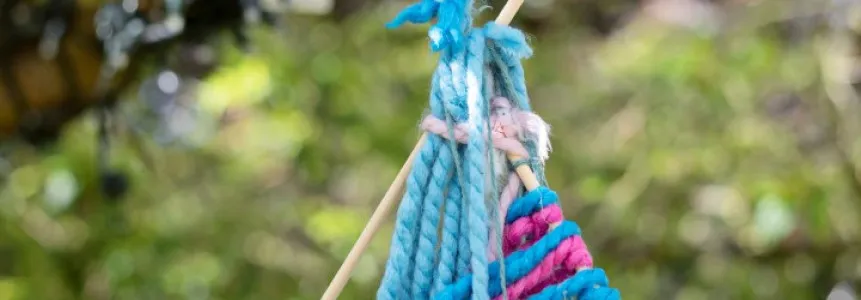
Mrs Gunn is our school Science Leader
At Coppice Valley we recognise the importance of our pupils acquiring a wide range of scientific enquiry skills, together with scientific knowledge. We are guided by the National Curriculum for Science (2014).
The National curriculum for Science aims to ensure that all pupils develop scientific knowledge and conceptual understanding through the specific disciplines of biology, chemistry and physics. Pupils will develop understanding of the nature, processes and methods of science through different types of enquiries that help them to answer scientific questions about the world around them. Pupils will be equipped with the scientific knowledge required to understand the uses and implications of science, today and for the future.
Our Science curriculum allows every child to access lessons through quality first teaching and scaffolding of learning to meet pupils’ needs. All pupils expand their vocabularies as they learn, adding Scientific words to their expressive vocabulary. Science offers all pupils the opportunity to expand their spiritual, moral, social and cultural understanding as they consider the role of Science in the world today and in the past. The history of Science expands pupils’ understanding of how Science has shaped the world. Children have opportunity to consider how Scientific discoveries have impacted on the world and the ethical codes Scientists follow.
Our Science learning is topic linked, as far as possible, so that meaningful connections can be made to other subjects e.g. history and maths. Our Learning Umbrellas allow us to link Science to other subjects and provide high quality knowledge and skills-based learning. Wherever possible we integrate outdoor and real life learning into our Science work e.g. using our grounds to study animals and habitats, visiting the aquarium and local horticultural society garden.
Values Led-Learning
Brave: Children will gain a coherent knowledge and understanding of biology, chemistry and physics. Children will be challenged to learn the key scientific facts and to develop accurate scientific skills. They will show resilience, resourcefulness and independence as they research, theorise and draw conclusions.
Curious: Children will be unendingly curious and eager to learn about Science. They will be inspired by the great Scientists of the past and current times to know more and seek answers to their questions. Children will ask perceptive questions, think critically, weigh evidence, sift arguments, and develop perspective and judgement, through their History lessons.
Kind: Through the teaching of Science we endeavour to teach children to respect nature, the world and the power of Science to change our lives. Children will consider questions of morality within the world of Science and the role it plays in changing lives.

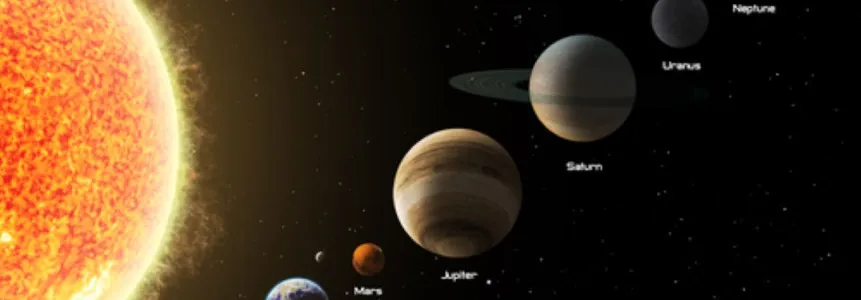
Curriculum at each phase
In EYFS, children are taught to make sense of the world around them. They will learn to develop their skills of observation, prediction, critical thinking and discussion. The children will conduct experiments, be encouraged to explore different methods of discovery, and they will start to use drawings and charts to present their findings. Children will work with a range of materials both inside and out of the classroom.
In KS1, children learn to ask questions (for example, what would happen if I didn't give a plant water? What would happen if I tried to bend some plastic?). They learn to observe closely, using simple equipment and identify and classify things. Using their observations and ideas, children learn to suggest answers to questions they may have. Pupils learn to gather and record data to help in answering these questions.
In KS2 children first learn, in Years 3 and 4, what a 'fair test' is, take measurements using a range of equipment, gather and record data, report their findings orally and in writing. They progress, in Year 5 and 6, by understanding what variables are and how to control them, take measurements from a range of equipment, understanding the need for repeated measures to increase accuracy, gather and record data using labels, classification keys, tables, scatter graphs, bar and line graphs, use test results to make further predictions to set up further comparative and fair tests and make conclusions on the test carried out, both orally and written in their books.
At Coppice, we have carefully planned the curriculum to allow for revisiting knowledge. We are covering all of the National Curriculum objectives but these have been spread out so that the children go back to topics previously covered. For example, the Earth and Space objectives are usually all covered in Year 5, these have now been spread out so that different objectives are covered in all the KS2 year groups. This means that each year, they touch on topics, go back over what they learned in previous years and then build on it with new knowledge.
boop
